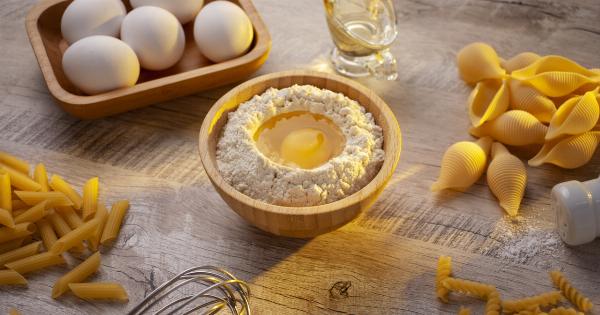As women, we all know that our biological clock is ticking. Our fertility begins to decline significantly after the age of 35, making it harder to conceive naturally.
Today, more and more women are turning to egg freezing to preserve their fertility and future chances of having children. Here is everything you need to know about egg freezing.
What is Egg Freezing?
Egg freezing, also known as oocyte cryopreservation, is the process of harvesting and freezing a woman’s eggs for future use.
This is done through a process called vitrification, which quickly freezes the eggs to prevent the formation of ice crystals that can damage the eggs.
Why Do Women Choose to Freeze Their Eggs?
There are many reasons why women may choose to freeze their eggs. Some women may want to delay starting a family for personal or career reasons, while others may be facing medical treatments that could affect their fertility.
Additionally, some women may be undergoing fertility treatments such as IVF, and want to preserve some of their eggs for future use.
Who is a Good Candidate for Egg Freezing?
While the best time to freeze your eggs is in your 20s or early 30s, women of all ages can benefit from egg freezing. However, it’s important to note that the success rates for egg freezing decline as a woman ages.
What is the Process of Egg Freezing?
The process of egg freezing typically takes about two weeks, and involves the following steps:.
- Initial Consultation: During the initial consultation, your doctor will review your medical history and perform a physical exam and ultrasound to assess your ovarian reserve.
- Ovarian Stimulation: You will be given medication to stimulate your ovaries and encourage the growth of multiple eggs.
- Egg Retrieval: Once your eggs have matured, your doctor will retrieve them using a needle that enters your ovaries through the vaginal wall while under anesthesia.
- Egg Freezing: The retrieved eggs will be frozen and stored in a laboratory until you are ready to use them in the future.
How Long Can Eggs be Frozen?
Eggs can be frozen for many years. In fact, there have been reported cases of successful pregnancies using eggs that have been frozen for up to 10 years.
What are the Success Rates of Egg Freezing?
The success rates of egg freezing vary depending on a woman’s age at the time of freezing. Women who freeze their eggs in their 20s or early 30s have the highest success rates, with some studies reporting success rates as high as 80%.
However, older women who freeze their eggs have lower success rates.
What are the Drawbacks of Egg Freezing?
While egg freezing can be a great option for many women, there are some drawbacks to consider. Firstly, the process of egg freezing can be expensive, with some estimates putting the cost at around $10,000-$15,000 per cycle.
Additionally, there is no guarantee that a woman will be able to conceive using her frozen eggs in the future.
Conclusion
Egg freezing can be a great option for women who want to preserve their fertility and future chances of having children.
While the process can be expensive and there are no guarantees of success, it can be a worthwhile investment for women who want to delay starting a family or who are facing medical treatments that could affect their fertility.




























